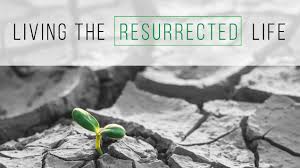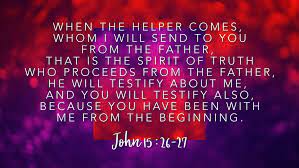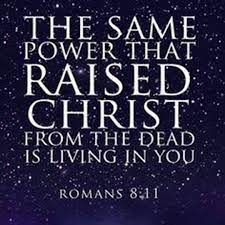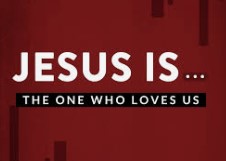A road by any other name
A road is literally defined as a wide way leading from one place to another. We often think of roads as access to new opportunities of commerce or development, such as the road to success.
A road can also describe a series of events or a course of action that will lead to a particular outcome. In the book, The Road Less Traveled, M. Scott Peck uses “road” figuratively to describe the sometimes hard and often painful process of change. Peck uses the “road less traveled” as a illustration of the journey this requires.
Jeremiah’s road
In Jeremiah 31, the prophet speaks to the people of God in Babylon to prepare them for a “road”—both literally and figuratively—that would return them to their own land after their 70-year exile.
Jeremiah’s message is clear. They are not to be afraid or lose heart. They are to be focused with a firm resolution to rebuild the nation of Israel.
In Jeremiah 31:22, Israel is called to refrain from falling back into their old rebellious habits as God creates “a new road” to their salvation—a “new thing” that had never been done before (or since).
How long wilt thou go about, O thou backsliding daughter? for the LORD hath created a new thing in the earth, A woman shall compass a man.
Failure on the road
Israel is warned against potential backsliding which is interpreted as “faithless”. In the past both Israel and Judah had consistently failed to “holdfast” to God and depend solely on Him for their every need. (Job 27:6) The results was always disastrous as proven by the conquest of both nations.
Where are we placing our faith? Is it in people—elected officials, family members, or friends? Are we dependent on things—bank accounts, social status, or professional affiliations? Do we believe only in ourselves—our intellect, looks, or personality? When Jesus returns, will He find us faithfully following Him on the new road? (Luke 18:8)
With God on the road to new things
Israel is encouraged to trust God, Who would create a “new thing”—interpreted as strange and surprising—in the earth. God would create a woman who would “compass” or protect man.
Many interpreters understand this “new thing” to be the incarnation of Jesus Christ. A woman, the Virgin Mary, enclosed in her womb the Might One. This was to be their incentive.
They would know that with their return from exile came the promise of not only their physical restoration but also the spiritual blessing of the Mighty God (Is. 9:6). God would not cast off His people but bless them. This was to be their assurance.
What is the road for us today?
How do we to live in the knowledge of this “new thing”? Knowing the blessings of being in Christ (Ep. 1:3-14).
• We live attentively in God’s presence. God is creating new opportunities for us. However, we must listen for His voice and watch where He is working. (2 Chronicles 16:9)
• We live expectantly in God’s provision. God has provided all that we need to live godly lives and to accomplish His purpose in our lives. (2 Pet. 1:3-8)
• We live faithfully in God’s purpose. As the elect of God we live by faith. We do not backslide or “draw back unto perdition” but trust that He who began this “good work in us” is able to complete it. (Phil. 1:6)
Our journey to understanding “new things” has hopefully provided incentive and inspiration to walk in the divine purpose God has created for our lives. When we as believers trust God and understand God’s reason for “new things”, we can move forward joyfully in faith and confidence.









